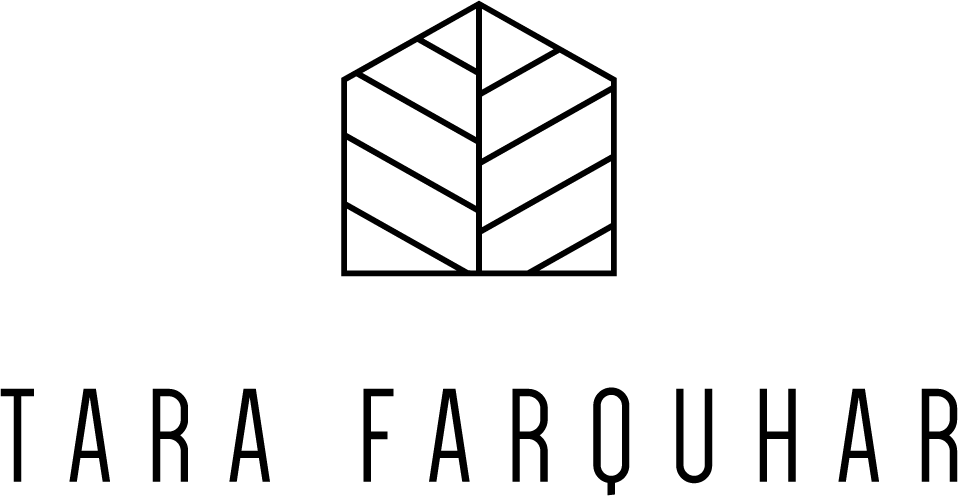By Jenny Mandt, Owner, Garden Coaching Solutions
Kevin J. Anderson in "Clockwork Angels: The Novel” summarized this article - “When tending a vast and beautiful garden, you have to plant many seeds, never knowing ahead of time which ones will germinate, which will produce the most glorious flowers, which will bear the sweetest fruit. A good gardener plants them all, tends and nurtures them, and wishes them well. Optimism is the best fertilizer.”. We are all optimistic that the soil that we have in our gardens will do the job we ask of it – grow beautiful, healthy plants. But really most soils in Seattle don’t provide the basic nutrients for growth. As plants grow, they need to absorb nutrients and leave the soil less fertile or heavy rains wash them away. By applying fertilizer, you are putting back the lost nutrients to ensure that your produce and flowers will be bountiful in the future.
There are six main nutrients that all plants need to flourish: carbon from CO2 from the air, oxygen from water and air, hydrogen from water, nitrogen, phosphorus and potassium, and to a lesser extent calcium, magnesium and sulfur and micronutrients like boron, copper, iron, molybdenum, zinc, choline and manganese are important but only in very small quantities. Let’s focus on the main nutrients that you would see listed on a fertilizer label: N- nitrogen, P- phosphorus and K – potassium (sometimes called potash). Nitrogen is what makes proteins for new plant tissues. Too much nitrogen will give the plant a lot of foliage but not much produce or flowers. Phosphorus helps to grow roots, set buds and flowers. It also helps to move energy from one part of the plant to another. Having good soil with lots of organic matter and soil organisms increases the amount of phosphorus to your plants. Potassium helps plants thrive, helps makes carbohydrates and gives the plant better disease resistance. A typical organic All Purpose fertilizer, especially in pellet form, will release the nutrients slowly over weeks or even months. What do the numbers mean on the fertilizer bag label? Numbers you might see would be 4-4-4 like the label below. This tells you the weight or percentage of each nutrient in the fertilizer bag. Vegetables need different percentages of the main nutrients compared to trees and shrubs. Buying specific fertilizers for what you are growing will provide your plants what they will need to thrive.
Let’s talk about the benefits of organic versus synthetic fertilizers. Do the plants really know the difference? Yes, they do. Organic nutrients are made of naturally occurring minerals and materials, like bone or plant meal or manure. Whereas synthetic fertilizers are made of chemically processed matter, organic nutrients are not generally water soluble and take longer to break down as mentioned before.
To improve overall health of your garden, giving your plants organic fertilizers and compost to add the major and other micronutrients is best. These nutrients are essential for plant growth, disease resistance and pest control. In the long run, our environment will be far better off when people choose to Go Organic!
Jenny@gardencoachingsolutions.com or (206) 915-0585.


